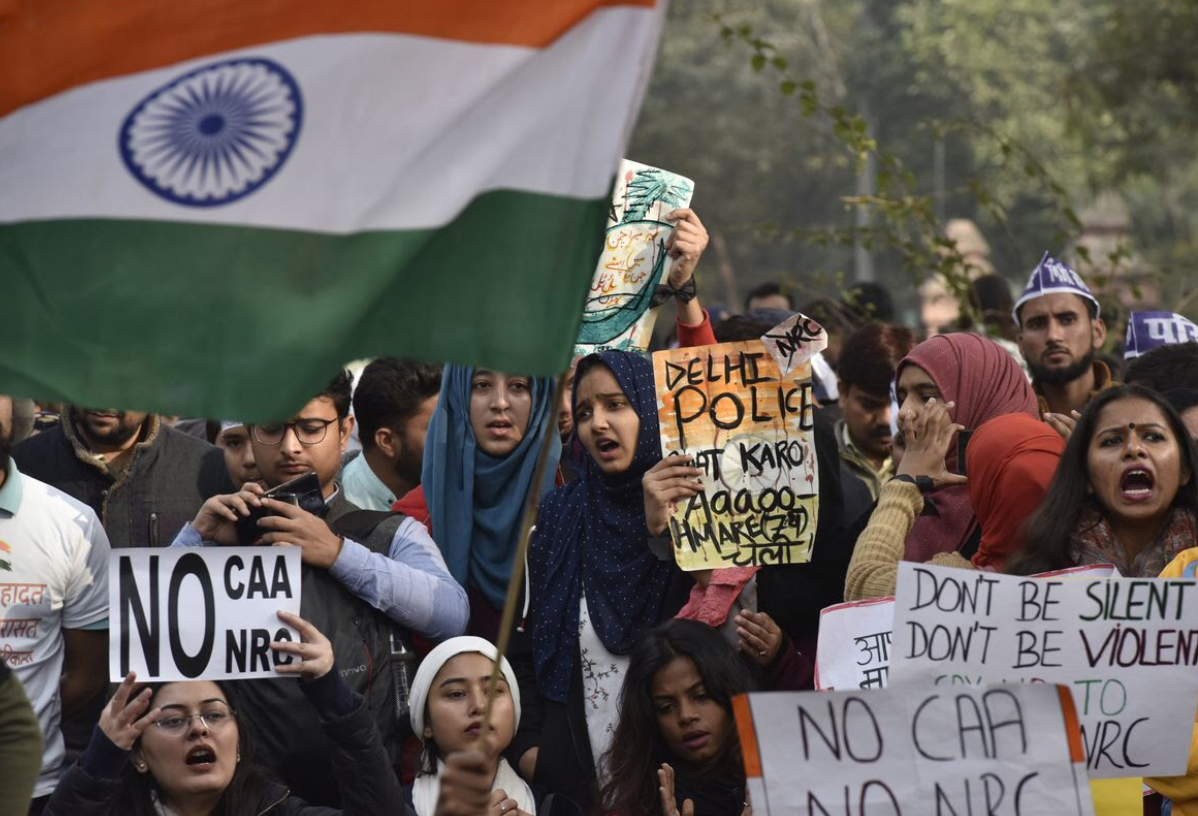SARA ALTUWAIJRI WRITES- At the very end of 2019, India’s Parliament issued a new Citizenship Amendment Act (CAA) granting citizenship to refugees who entered the country prior to December 31 of 2014. This act covered refugees from Pakistan, Afghanistan, Bangladesh, Myanmar, and Sri Lanka, among other countries. CAA was supposedly created as a fast track to Indian citizenship for persecuted Hindus, Sikhs, Buddhists, Christians, Parsis, and Jains—but not Muslims, although they, too, have been unfairly disadvantaged when attempting to immigrate to India.
And so, Muslims took to the streets to protest the new act, referring to it as unconstitutional and discriminatory. Muslim protestors have been charged with attempted murder. There is video evidence of police officers firing live rounds. Children have been beaten, property has been destroyed, and many Muslims detained.
Yet Muslims, too, are being persecuted in majority Buddhist countries such as Sri Lanka and Myanmar. Pakistan has called out India’s citizenship law as Modi’s way of adopting a Hindu supremacist agenda. So the law, promising its national registry, has been postponed by Modi because of intense political protests. With 23 deaths recorded as of February 4, and severe civil riots and discontent, Modi has paused his anti-Muslim agenda in fear of the escalation of civil discontent and confrontation.
This severe conflict, unfortunately, represents something of a longstanding tradition. India has historically welcomed refugees of all religious communities— except Muslims—diminishing them to second-class citizens and violating Article 14 of the Constitution, guaranteeing “The fundamental right to equality to all persons.”
Here’s a bit of history: For decades, in the state of Assad, there has been an ongoing ethno-linguistic feud between the Assamese people and incoming Bangladeshi immigrants who are Muslim and Hindu. So the national registry, implemented in 2015 to identify the Indian lineage of immigrants from neighboring Bangladesh and revoke citizenship from illegal immigrants, has turned into an anti-Muslim rule. Even though Muslims may not be deported, they will be denied equal rights to employment, education and social services.
On February 6, Prime Minister Narendra Modi of India made a statement that the new bill does not target Muslims and that such a line of thinking represents Pakistani-inspired propaganda to create fear: “Pakistan is trying every trick to mislead the Muslims of India,” Modi argued, adding that the primary reason the new bill focuses on minority groups who are not Muslims is that these communities face persecution in their native, majority Muslim countries.
For now, the anti-Muslim act is on pause; how it is put back into play will require careful calculation on the part of Modi and all elements of the population involved.

